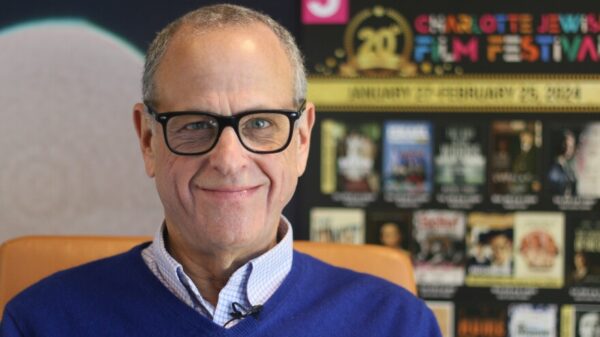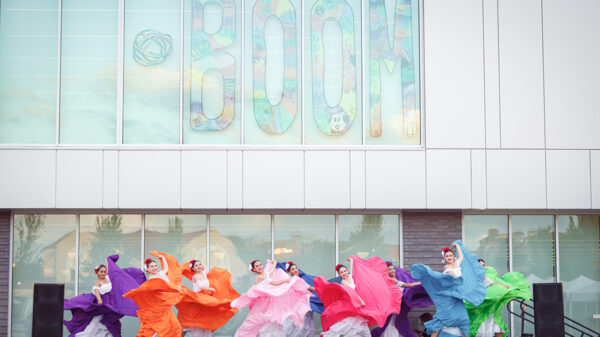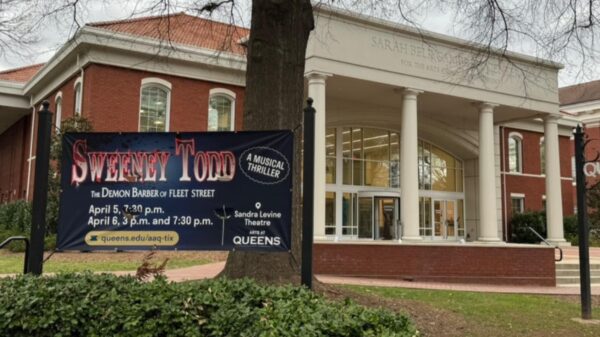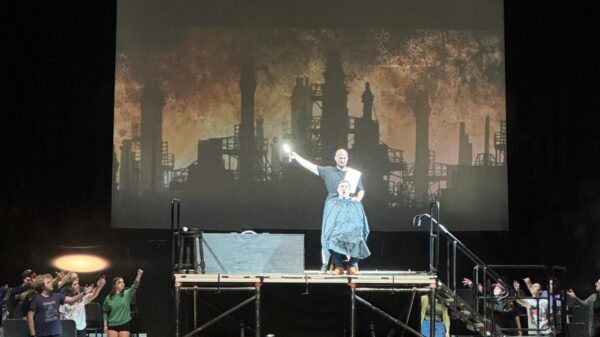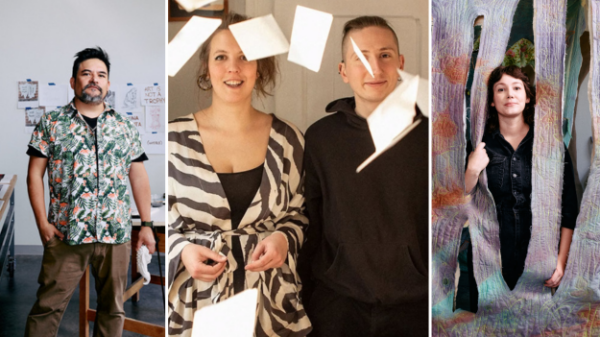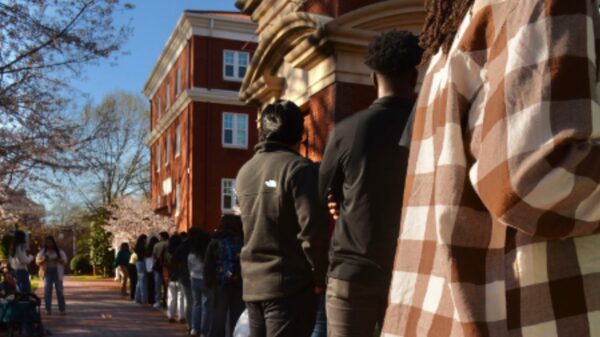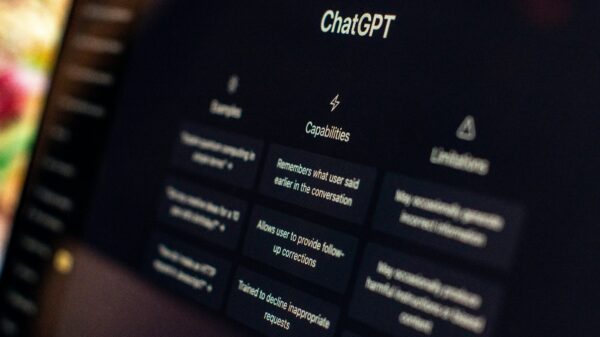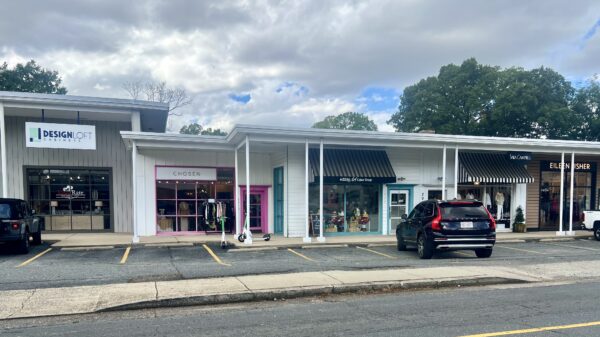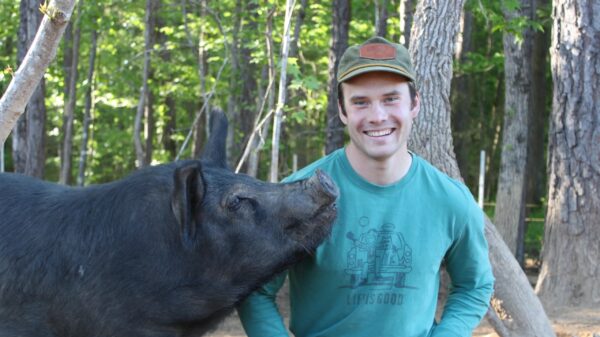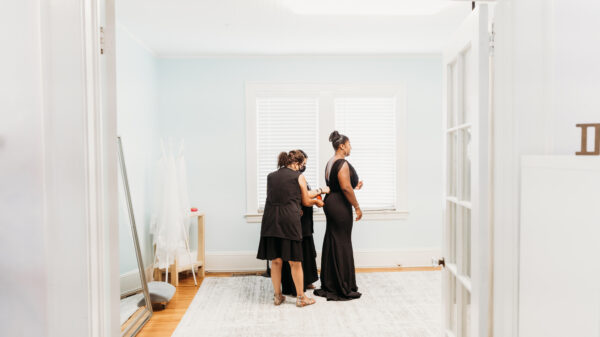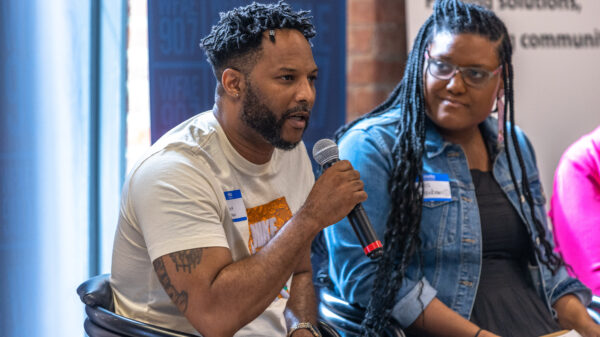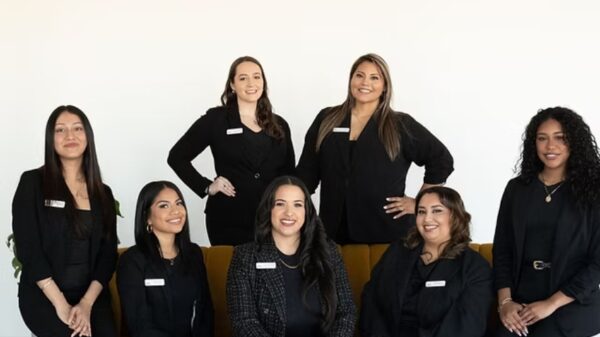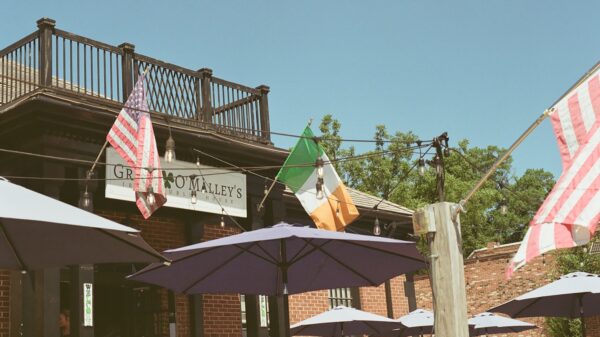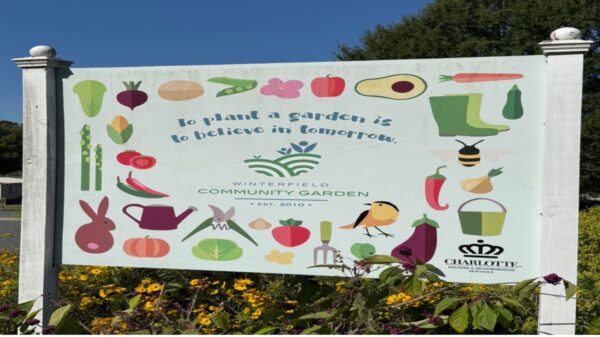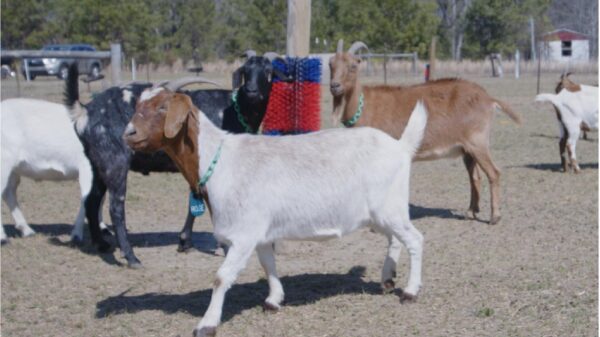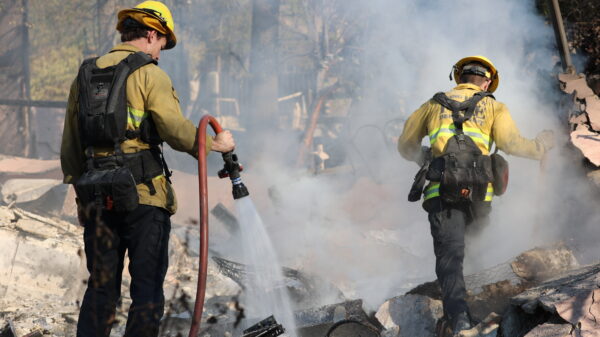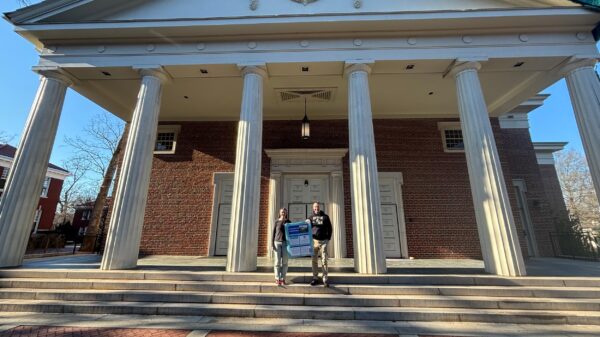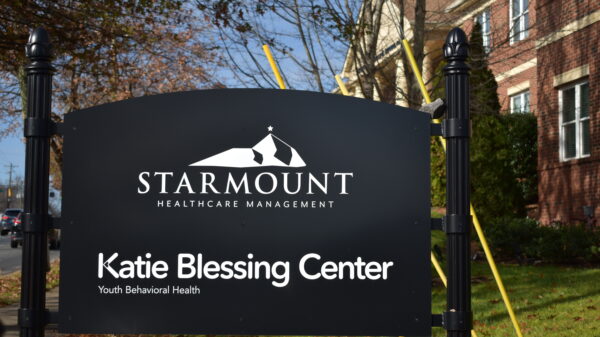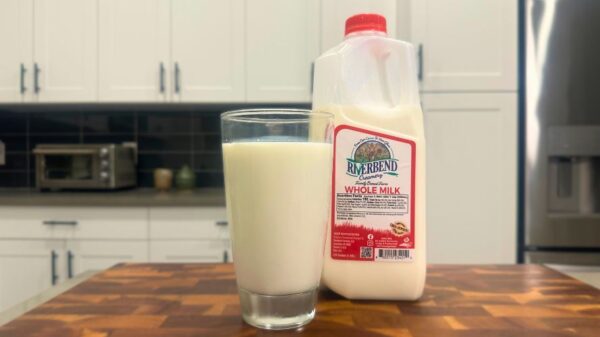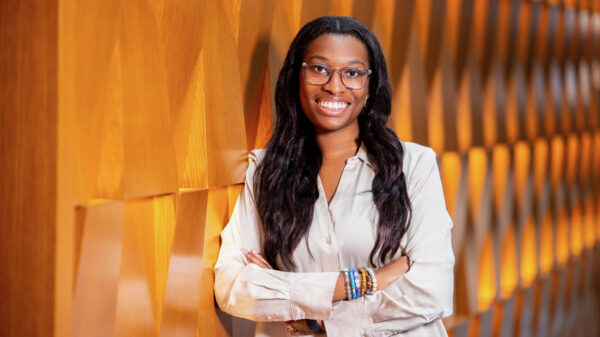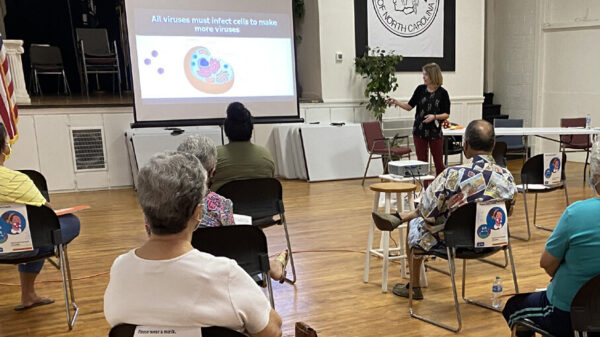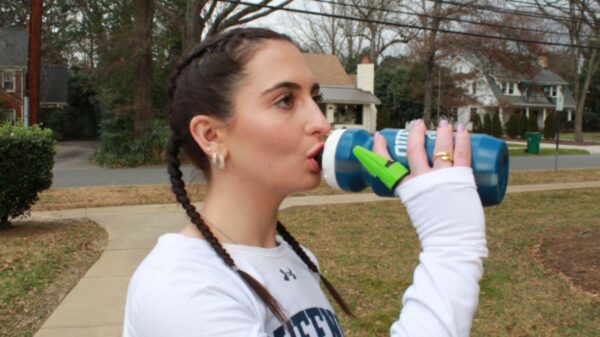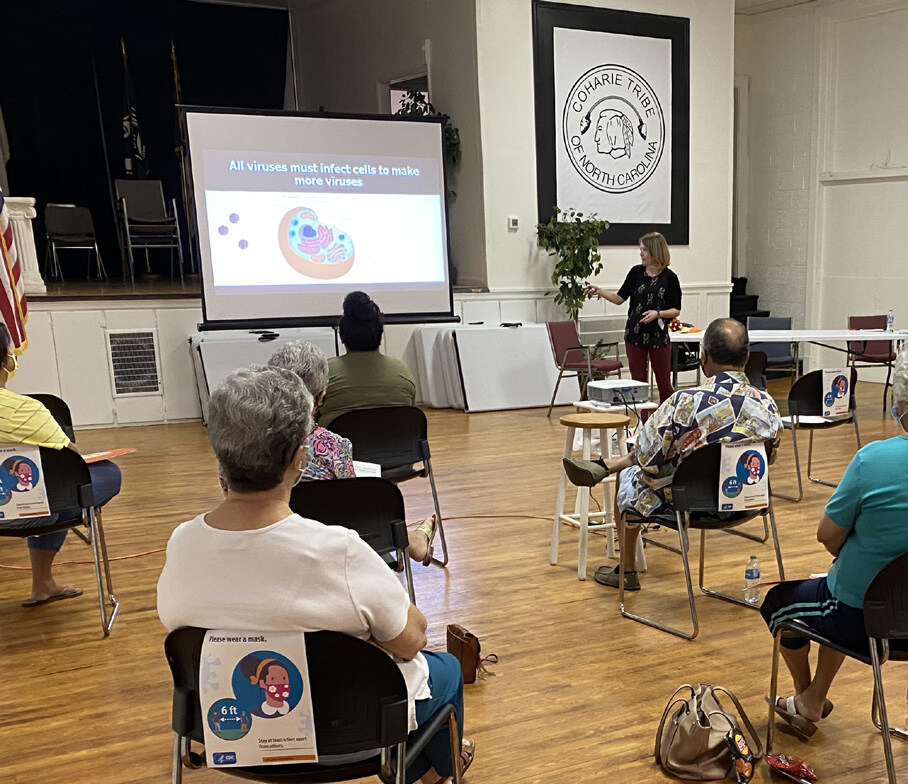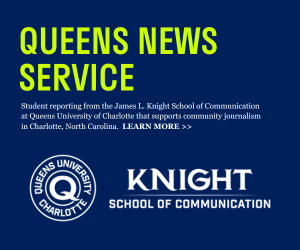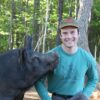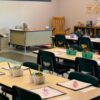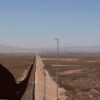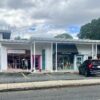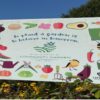At a recent community event in Charlotte, about 60 faith leaders, students, health officials and educators gathered to sift through what COVID taught them about the intersection of faith, health and higher education. What they learned has the potential to nationalize a program launched during the pandemic on college campuses in the Carolinas.
Two key lessons emerged from the deployment of college faith groups in support of public health, said Suzanne Watts Henderson, senior consultant for strategic initiatives at Interfaith America, the Chicago-based nonprofit that launched the program.
“We learned that building relationships of trust is a critical component of public health, equally as important as the technical aspects of prevention and vaccination,” Henderson said. “And we found that college students can work effectively alongside faith leaders and healthcare officials to expand bandwidth, contribute to solutions, and experience the beauty of the work along the way.”
Nationally, Interfaith America’s “Faith in the Vaccine Ambassadors” program, launched in 2021, mobilized about 1,000 college students at 110 universities. They conducted surveys, developed educational materials, educated communities, and supported vaccination clinics. In the Carolinas, The Duke Endowment provided $1.2 million to support the program. More than 150 students from 18 campuses worked with faith-based organizations to bridge gaps in vaccine information and access for underserved or unserved communities, including immigrants, refugees, indigenous, and Latino groups.

Photo from McLaurin
As a student at North Carolina Central University in Durham, North Carolina, Joshua McLaurin served as an ambassador both on- and off-campus.
“Being a listening ear helped me to realize that everyone has a story, and it is not my place to convince them to change their perspective,” McLaurin said. “The best interactions I had with students were when I talked less.”
Building Relationships
“There’s something we talk a lot about in public health. It’s called social determinants of health,” Dr. David Tillman, an epidemiologist, professor of public health, and lead educator for Campbell University’s vaccine ambassador team, told participants in a debriefing on the initiative. “This means that way upstream of the health problems that show up in hospitals and clinics, there are conditions in our communities that really determine what the health outcomes are.”
Public health departments need relationships with all kinds of community organizations to deploy solutions, Dr. Tillman explained, but they cannot build them alone.
“If we could learn anything from the pandemic, we should think about how relationship building is as important as the strategic national stockpile, is as important as running mass vaccination drills,” Dr. Tillman said. “And if we don’t have trust in the relationships that are needed before we have the next crisis, especially for vulnerable parts of the community, we’re going to see the same kind of replication. When the next hurricane comes is not the time to fix the levees.”
New Regional Pilots?
New health programs that could emerge from these COVID lessons, Henderson said, include regional pilots that rely on college students equipped to engage faith-based organizations as trusted partners in community networks promoting public health. This will require training programs that create “trust infrastructure” at a time when it’s not an international pandemic, Henderson said.

Photo from Tillman
One potential pilot could focus on behavioral health, Dr. Tillman said, including substance abuse disorders, anxiety and depression. Faith groups have experience in these areas, especially in destigmatizing the need for treatments. The COVID experience was traumatizing for everyone, but especially for young people, he said, and the issues are extensively documented in scholarly journals.
“In the mental health crisis that children and youth are experiencing, youth groups in church and college ministries can be such a powerful vehicle for change,” Dr. Tillman said.
Interfaith America already works with hundreds of colleges and universities to build student engagement with diverse faith groups. Henderson thinks this existing network can extend into the community to help bridge the faith and health divide.
Faith Groups as an Untapped Asset in Community Health
“Our diverse religious communities are a largely untapped asset in our efforts to strengthen community health,” Henderson said. “By taking a ‘listening first’ approach, our student ambassadors were able to address concerns about vaccines, for example – often very legitimate ones – within the context of the community’s beliefs and practices, not from outside.”
Henderson said the COVID vaccine program didn’t always work as well as she would have liked. Sometimes political ideology was too entrenched, complicating efforts to increase vaccination rates.
At Campbell University, Dr. Tillman said, using mobile units to offer vaccines failed. People already knew where to get the vaccine, and convenience wasn’t really a factor. What people needed, he said, were straightforward, factual answers to medical and public health questions.
Coharie Tribe Asks for Help with Sorghum Harvest
Taking the long view is key to building relationships among communities, faith groups, university partners and health officials. In the community near Campbell University in Buies Creek, in the center of North Carolina, leaders of the Coharie Tribe were initially suspicious of their vaccine outreach efforts. In his 10 years at Campbell, Dr. Tillman said the relationship between the university and the Coharie Tribe had been infrequent at best.
But the tribe recently asked for help harvesting their annual sorghum crop.
The new relationship started at the height of COVID vaccination efforts in March 2021, when Dr. Tillman and a colleague, Dr. Amy Hinkelman of Campbell’s medical school, worked with American Indian physicians, healthcare providers and public health officials to develop vaccine education and distribution programs. Students in Campbell faith groups served as listeners and logistical support during question-and-answer sessions and vaccine events with the Coharie Tribe.
Since then, Campbell educators have begun working with the Burnt Swamp Baptist Association, which includes five American Indian tribal groups – Lumbee, Waccamaw-Siouan, Coharie, Haliwa-Saponi and Tuscarora.
“That’s the kind of bridge building that can make a difference in the long run,” Henderson said.
-
Palmer Magri of Charlotte, North Carolina, is the former managing editor of the Queens University News Service. A multimedia storytelling major, Palmer is a 2024 magna cum laude graduate of the James L. Knight School of Communication. During her four years as an undergraduate, she reported, wrote, edited, produced video, and managed content for the news service.
View all posts

